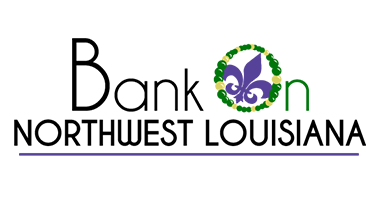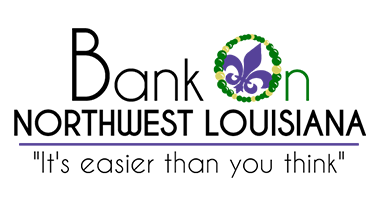How old do I have to be to open an account?
For all bank accounts you must be at least 18 years old. There are student accounts available for individuals younger than 18 but the accounts require a guardian aged 18 or older to be on the account until the student turns 18.
What am I missing by not having an account?
Not having an account means you have to worry about losing your money or your money being stolen. You will also find that it is much harder to save money for those “rainy days” when you have the cash in your purse or wallet. Money in the hand tends to get spent.
Not having an account also prevents you from earning interest. Savings or money market accounts are accounts that allow you to earn interest. Interest is the money a bank or credit union will pay you to keep in an account with their institution. It is free money you are missing out on!
Finally, not having a bank account means you probably have to pay someone to cash your checks. Although the fee varies, it does add up. Think about it this way. If you are paid twice a month and it costs you $6 each time you cash your check, you will pay $144 a year in check cashing fees. That is money you can save or use to pay a bill. Across the country, most people who use check cashing services spend nearly $1,000 in check cashing fees per year.
Who do I talk to if I have questions about my account?
You can always contact the customer service representative who helped you open you account. They are available during banking hours. You also can go in any branch of the bank or credit union you have chosen to do business with. Any of the staff members are willing and able to help you just as well as the person that helped you open the account.
After banking hours, most banks and credit unions have a 1-800 customer service number you can call. Most of these phone lines are staffed 24 hours a day and are waiting for your call.
What is overdraft protection?
Overdraft protection is a bank service that helps you cover any unexpected shortages in your account. The service is designed to avoid the cost of an overdraft fee which is normally $35 per item. The service is setup in advance to automatically transfer funds from another account that you have opened, a credit card, or a small line of credit established for just that purpose. Some banks charge a fee for each overdraft protection transfer but a $10 fee for one transfer to cover one or more items coming through your account is less expensive than a $35 per item overdraft fee.
Can I switch accounts or banks if I decide that an accounts I have does not work for me?
Certainly! Choosing a bank or credit union, and which account to open is an important decision and should not to be taken lightly. If you feel that the institution you have chosen or the account you have opened is not meeting your needs, you are not obligated to keep it. You can switch accounts or close your accounts at anytime. Just keep in mind if you close a checking account you have to allow all of the checks that you have written to clear first!
How do I know if I am ready for a checking account?
When you find that you are often carrying large amounts of money around on a regular basis, have to make frequent trips to the bank or the ATM to get cash to pay your daily bills it is time for a checking account. Writing checks and using your handy debit card will save you time and gas and is much safer!
Am I ready for a savings account?
When you are keeping cash in a sock drawer, a piggy bank, or a can and you are worried about losing it or, worse, having it stolen, you are ready for a savings account.
If you have a checking account and notice that you always have cash remaining every month after paying bills, it is time to open a savings account.
Finally, if you have a long term goal for you money, a savings account allows you to park your money in a safe place separate from the money you need on a much more frequent basis.
In an emergency, how can I get my money now?
In the event of an emergency, you can always go to your bank or credit union during its business hours and make a withdrawal. If it is after banking hours, you can make a withdrawal at an ATM. The only difference is an ATM may, for security reasons, only allow you to withdraw a set amount of money at one time such as $200 – $400.
What is the difference between a debit card, credit card, and ATM card?
An ATM card is linked to a savings or checking account and allows you to make withdrawals at an ATM. A debit card is linked to a checking account and allows you to make purchases and get cash back in any store that accepts Visa/Mastercard.
A credit card is a line of credit that is made available to you through a normal loan approval. When you use a debit card, the funds come out of your checking account and you do not get a monthly bill. When you purchase something on a credit card, it is a short term loan that you must repay plus interest that adds up.
How do I know that my money has been deposited?
If you make a deposit at the teller window or an ATM, you will get a receipt immediately. If you have a direct deposit such as a pay check that goes in to you account twice a month, your employer may give you a pay stub to show you the deposit, but not always. This may depend on the employer. Most people do one of two things:
- Call the bank or credit union’s 1-800 customer service number to verify the deposit.
- Log in to the institution’s website and see the deposit along with checks or debits clearing, if they have on-line banking.


